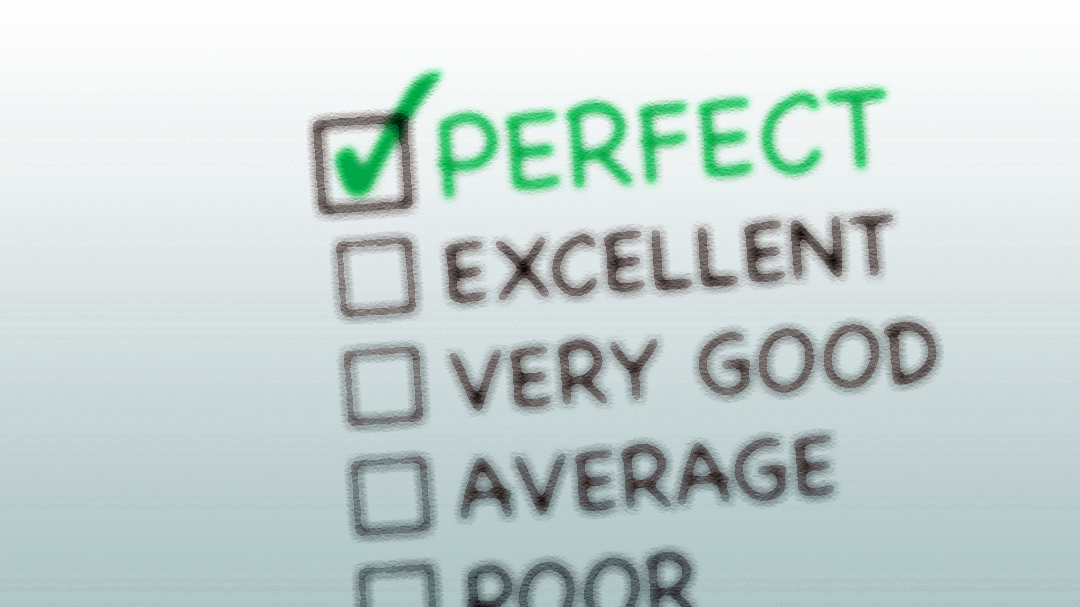By Kelsie Petersen
While reading through Proverbs just a few weeks ago, a verse I had never really pondered before nearly leapt off the page at me: “The fear of man will prove to be a snare, but whoever trusts in the Lord is kept safe” (Prov. 29:25). The timing of my reading this text was interesting, at very least. I had just been dealing with a very painful situation involving someone I admired and respected very much who had not been honest about their opinions of me. The revelation of their true thoughts matched with some of my deepest fears about who I might really be or how I might appear to others without my being aware of it. I found myself paralyzed with fear over what people really thought of me.
As difficult times often do, this situation drove my mind back to Adventism to see if the intensity of my reaction was possibly linked to any slivers of that worldview that remained in my thinking after over a decade of picking them out. The “fear of man,” or being afraid or overly concerned with what people think of us, is certainly not an isolated problem. In fact, I would say almost every human struggles deeply with it. My question was, however, “What is MY reason for reacting this way?”
I realized that I, like so many of the people I know, had grown up in a spiritual atmosphere in which those worthy of salvation were expected eventually to perfect their characters.
Ellen White, after all, said:
When the fruit is brought forth, immediately he putteth in the sickle, because the harvest is come.” Christ is waiting with longing desire for the manifestation of Himself in His church. When the character of Christ shall be perfectly reproduced in His people, then He will come to claim them as His own.
It is the privilege of every Christian not only to look for but to hasten the coming of our Lord Jesus Christ (2 Peter 3:12, margin). Were all who profess His name bearing fruit to His glory, how quickly the whole world would be sown with the seed of the gospel. Quickly the last great harvest would be ripened, and Christ would come to gather the precious grain (Christ’s Object Lessons, p. 69).
The Lord has a great work to be done, and He will bequeath the most in the future life to those who do the most faithful, willing service in the present life. The Lord chooses His own agents, and each day under different circumstances He gives them a trial in His plan of operation. In each true-hearted endeavor to work out His plan, He chooses His agents not because they are perfect but because, through a connection with Him, they may gain perfection.
God will accept only those who are determined to aim high. He places every human agent under obligation to do his best. Moral perfection is required of all (Christ’s Object Lessons p. 331).
Make no mistake, this demand for perfection is an essential part of the Great Controversy worldview, and whether or not it is overtly stated, this thinking undergirds the daily living of Adventists around the world. In just the past couple of weeks, I have spoken with more than one Adventist friend who, to my surprise, were also subject to this perfectionistic thinking. My surprise came because of the generation in which they grew up—theirs was a younger, less “rigid” Adventism than some people’s, and they also claimed a personal emphasis on the grace and love of God. I was taken back, however, and deeply grieved to see the emotional and spiritual pain one of these friends was experiencing because, despite her not being a reader of EGW’s works, she daily felt the weight of this heretical teaching that she needed to become perfect.
Thinking back on my time in Adventism, from growing up in the church to choosing to participate in the religion through my college and young adult years, I can see how deeply “keeping up appearances” had to matter. If God was perfecting us for salvation, then it would never do to let anyone see our cracks and flaws. After all, working towards perfection makes the showing of one’s cracks and flaws that much more scandalous. Everyone is pretending to have their lives much more “together” than they actually do, because no one wants others to question the validity of their salvation. No one wants to appear unsaved! Meanwhile, on the inside, the doubts and misgivings run wild. Few can argue that, in reality, they are far from reaching perfection, even if they are actively surrendering to Christ.
From Snare to Safety
The more aware we become of our failure to come even close to perfection, the more concerned we become with maintaining the appearance for those who might guess how far away we REALLY are. And so, the cycle continues. This fear of man becomes exactly what Proverbs 29:25 speaks of: a snare. A snare is a dangerous thing, a hunter’s tool meant to entangle and ultimately to kill. The snare of perfection is yet another one of the many deadly grips that legalistic systems impose on people.
Living in the “fear of men,” or even just encountering situations where I am extra sensitive and aware of what others are thinking of me, is something I have had to deal with all of my life. Because I grew up in Adventism with a Great Controversy worldview, it makes sense that this fear that I am not perfect enough is an issue for me. However, when I find myself becoming preoccupied with what people think of me, I am slowly learning to catch myself and steer my mind more quickly to the rest of the verse: “…but whoever trusts in the Lord is kept safe.” What an amazing promise, for where could it be better or safer to be, than under the protection of the Lord Jesus!
Adventism taught us that our perfection was up to us. It says that we can become perfect through the power of the Holy Spirit—but the emphasis is still on our eventual perfection. We ourselves are expected to become increasingly perfect by using God’s power, and this personal increase in perfection is needed for salvation
The cross, however, teaches us that our perfection is up to Him! When we trust Christ, we are justified and seen as holy through Christ’s personal merits NOW. The Father sees us in Christ, and in Him, we are counted completely righteous. Furthermore, we are completely safe, because we are hidden with Christ in God (Col. 3:3), and nothing can take us out of the grip of the Father and the Son (Jn. 10:28-29). God is our true Father, and we are fellow heirs with Christ of all the righteous perfections that are His (Rom 8:16-17).
When I faced this most recent issue, I remember a trusted friend reminding me that I was safe. This reminder came, in fact, even before I had even come across the verse in Proverbs, but I felt a distinct sense of peace and relief come over me as I remembered Whose I am, and His full and complete sovereignty. None of these misunderstandings or my imperfections can really harm me, as He is my protector and my fortress. I can depend on Him to keep His promises to me and never to fail me.
No longer is it my “job” to make sure everyone around me knows how “good” I am, how “perfect” I am becoming. I don’t need to hide my struggles and flaws because of fear. I am wholly accepted, justified, and free because of Jesus, and in HIM I am fully safe. I can praise Him for His goodness to me in the calm and in the storm with no fear of what man may do or say.
- Led By a Child - May 9, 2025
- Let’s Give Them the Main Dish - March 6, 2025
- I Will Not Forget - January 10, 2025

